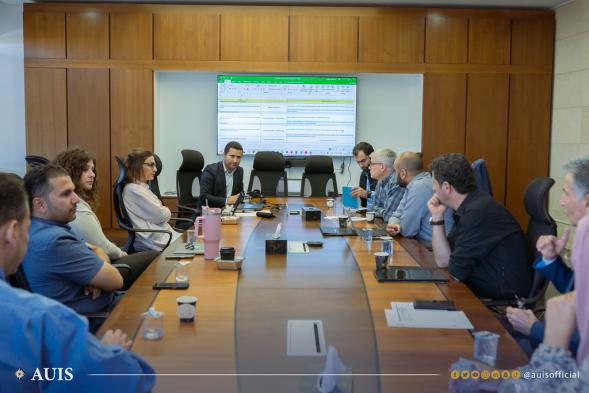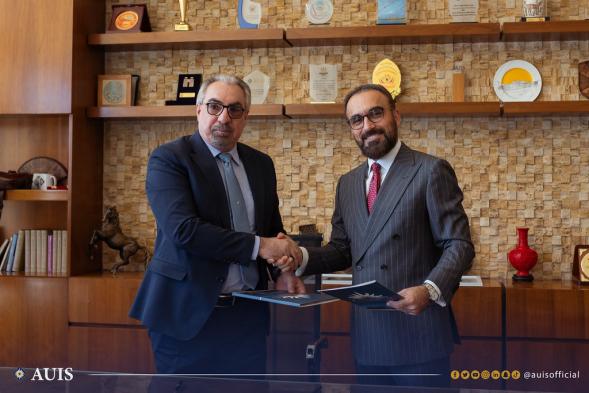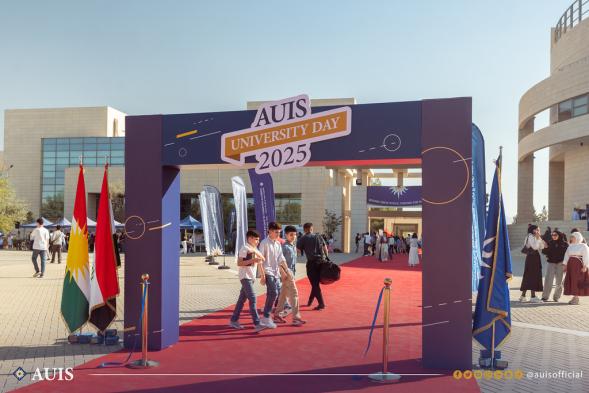The Institute of Regional and International Studies (IRIS) at AUIS Publishes Landmark Study on Cancer Care in Conflict Zones

New research underscores AUIS’s commitment to addressing regional challenges through interdisciplinary inquiry
The Institute of Regional and International Studies (IRIS) at the American University of Iraq, Sulaimani (AUIS), has co-published a groundbreaking study titled “Therapeutic Geographies of Cancer in Conflict: Cancer Care in Iraq” in collaboration with leading global health and oncology scholars. This research sheds light on the complex and often perilous journeys that cancer patients must undertake in conflict-affected regions, with a particular focus on Iraq.
The study, co-authored by Mac Skelton (IRIS Director), Layth Mula-Hussain, Richard Sullivan, Gemma Bowsher, Loma Al-Mansouri, and Omar Dewachi, explores how prolonged conflict and displacement have restructured cancer treatment pathways across the Middle East and North Africa (MENA) region. The authors introduce the concept of therapeutic geographies—transnational routes and fragmented healthcare systems that patients are forced to navigate in pursuit of life-saving treatment.
By examining Iraq’s cancer care infrastructure—severely weakened by decades of war, economic sanctions, and political instability—the study provides an urgent, patient-centered view of how systemic barriers affect access to diagnosis, treatment, and follow-up care. Through real-life patient narratives, the authors reveal the emotional and logistical toll of navigating a fragmented healthcare landscape and emphasize the importance of regional cooperation and social science research to improve oncology outcomes.
The publication is a powerful example of how AUIS fosters academic research that confronts the region’s most critical challenges. Through IRIS, the university supports rigorous interdisciplinary studies that go beyond traditional policy analysis, giving voice to marginalized communities and highlighting underexplored dimensions of health, conflict, and mobility.
“At AUIS, we believe in the power of research to not only inform but also to inspire change,” said Mac Skelton, one of the lead authors and Director of IRIS. “This study is part of a broader effort to illuminate the human cost of conflict and to propose practical pathways for improving access to care across the region.”
By championing projects such as this, AUIS reaffirms its role as a hub for academic excellence and civic responsibility in Iraq and the broader Middle East. This research aligns closely with the university’s mission to support evidence-based scholarship that drives public awareness, informs policy, and promotes regional collaboration in the face of adversity.
To read the full article in The Lancet Oncology, visit : https://www.sciencedirect.com/science/article/abs/pii/S1470204525000749?dgcid=author






